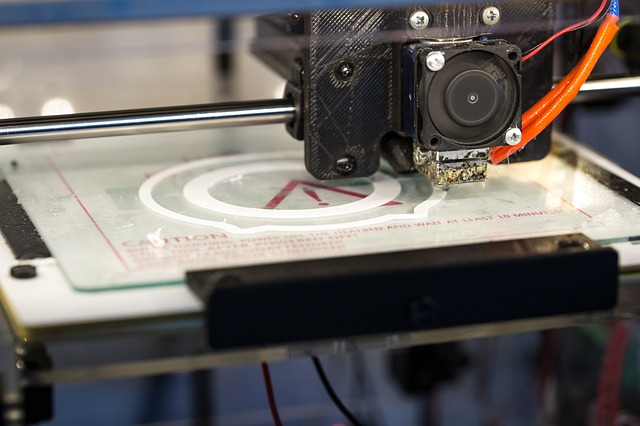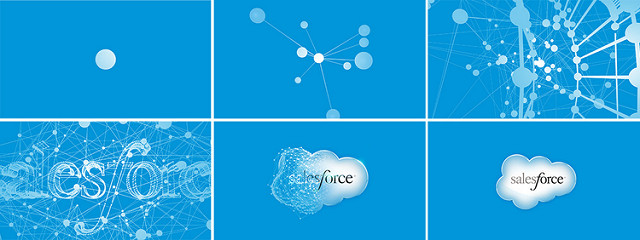Millions of people across the globe have a blog right now, for either personal or business use. If you’re someone who is in this boat and spends many hours per week creating new content, you no doubt want to keep all your posts safe. After writing numerous blogs and building up a good database of readers, you don’t want this compromised by a cybercriminal.
Unfortunately, though, many people do face this situation each year because their blog ends up hacked. If this happens to you, you could lose not only all your valuable content but also potentially income too, if your blog is a money generator. You could also lose a percentage of your readership if people find out the site was hacked and get worried about your security.
As a result, no matter why you run a blog or how often you post, it’s necessary to take steps to keep cybercriminals from being able to gain access to your system. Follow the below steps to ensure no one can crash your blog, delete content, hold information for ransom, or steal valuable reader details.
Use Quality Security Software
The first action to put on your to-do list is purchasing quality security software. There are many options available these days but stick with a product that provides maximum security antivirus along with ransomware, spyware, spam, and malware protection. Comprehensive products like these help to keep hackers at bay.
Plus, it’s also a good idea to utilize a firewall, which will give cybercriminals another hoop to jump through if they want to break into your blog. Firewalls are particularly helpful at blocking people from accessing your system via an internet connection. Most devices come with a firewall pre-installed already but check the settings on your computer to be sure the firewall on it is activated. If not, it won’t be doing its job.
Also, Read: How Do You Train Employees For Cyber Security?
Update Various Software Types
Next, keep in mind that software of all types must be updated often. It’s vital that whenever new versions of programs are released, you install them. To ensure this gets done, set up programs to automatically update to the latest iterations. By doing this, you won’t have to remember to complete the task manually.
Hackers continually look for gaps in security in technology, and developers know this and plug holes as soon as they become aware of them. As such, if you don’t convert to newer versions, your security may be compromised. Updates must occur on everything from blogging platforms, firewalls, and security software through to operating systems, browsers, plugins, games, and more. Don’t leave any programs vulnerable to outside attack.
Put Decent Passwords in Place
Another prime way to keep your blog safe is to ensure you use hard-to-crack passwords when you log in to it. You must also use proper codes on your modem, computer start-up settings, and any accounts you log in to online. The reason for this is that if you give hackers any opportunity to break into one of your systems, they might break into others from there.
Quality passwords are always at least eight characters long and made up of a mixture of letters (lower and upper case), symbols, and numbers. Change your codes a few times per year for extra safety, and select a password for your blog that’s different to other codes you use, so it’s less likely to be compromised.
Choose a Good Blogging Platform
It’s also imperative to choose a good blogging platform that you know takes security very seriously. After all, it doesn’t matter how many steps you take to protect your content if the platform hosting it makes it easy for hackers to break in.

Opt for a platform that has been around for a while, rather than a brand new one, and one that has a trusted name in the blogging arena with high percentage rates of guaranteed uptime and threat detection.
It’s also helpful to choose a tech tool that stores a copy of your blogging content in the cloud, so there is always a backup on file if you get locked out of your system by ransomware or face a hacker crashing your system and deleting data.
Blogging is a fun, interesting, and often lucrative activity in this information-driven world. Yet, as anyone who has ever lost all their information or had data hacked can tell you, it’s terrible when a blog gets attacked by a cybercriminal. Taking steps to protect yourself is vital, and the time and money you spend on doing so will be well worth it in the long run.





